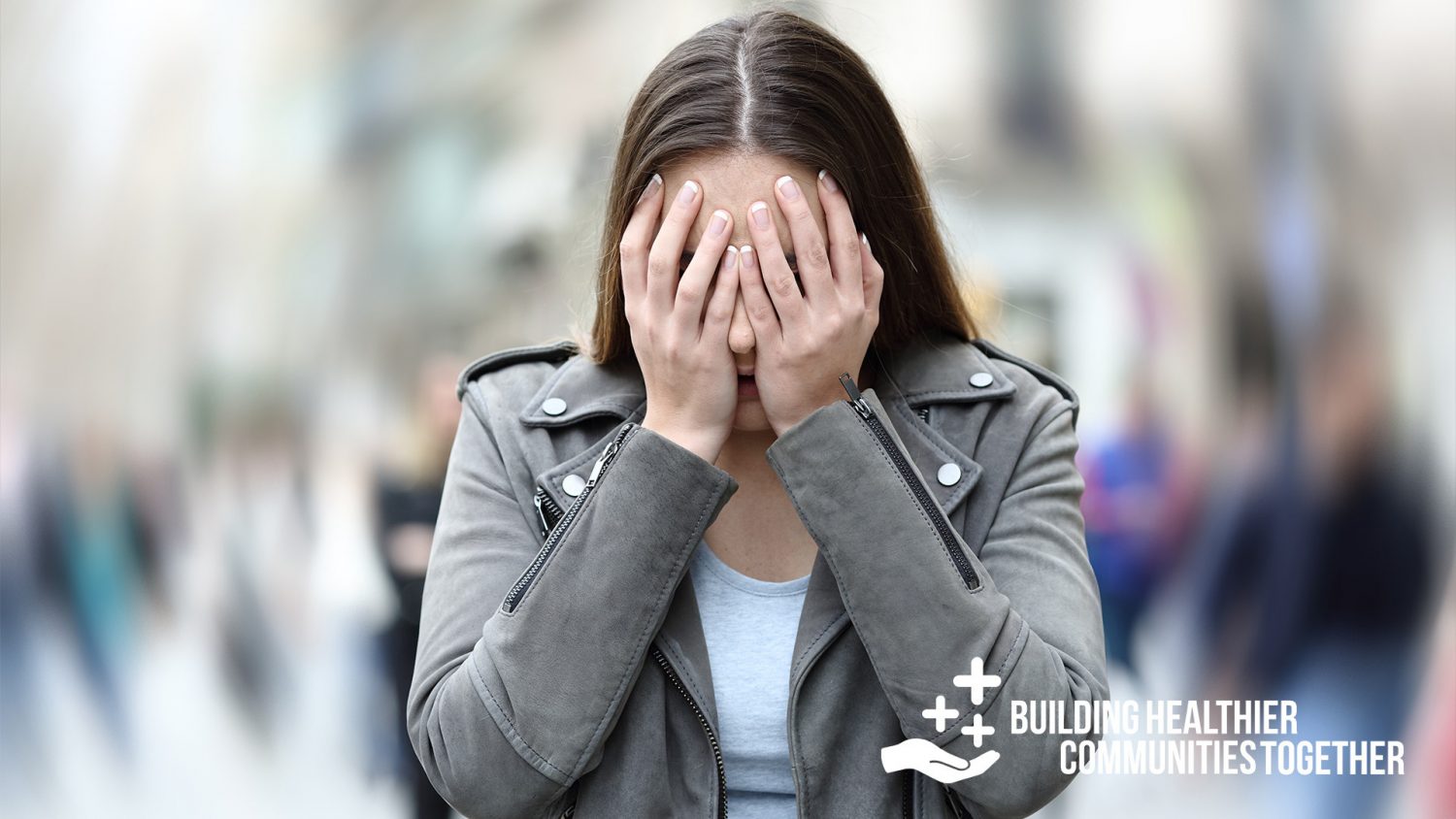Anxiety is a prevalent concern affecting countless individuals globally, frequently resulting in unease and influencing everyday activities. Although medications can be beneficial, numerous individuals explore natural methods to cope with their anxiety.
This blog post explores eight highly effective, natural methods to reduce anxiety, offering practical insights to incorporate into your daily routine. Whether you’re looking to enhance your mental health or find alternative methods to complement existing treatments, these strategies can provide significant relief.
1. Regular Exercise
Consistent physical activity is a potent tool for combatting anxiety. Exercise triggers the release of endorphins, which help reduce stress and promote feelings of health.
Engaging in activities such as jogging, swimming, or walking can have a big effect on anxiety. Studies have indicated that individuals who regularly exercise report fewer anxiety symptoms and enhanced overall mental well-being.
Moreover, aside from its physical advantages, exercise can function as a diversion from anxious thoughts, offering a reprieve from negative cognitive patterns. This mental respite can assist individuals in gaining perspective and alleviating feelings of anxiety. A steady exercise regimen not only improves physical fitness but also nurtures emotional resilience.
2. Mindfulness and Meditation
Mindfulness and meditation are traditional practices that have become increasingly popular in contemporary times due to their efficacy in alleviating anxiety. Mindfulness entails concentrating on the current moment and accepting it without judgment. This technique can assist individuals in enhancing their awareness of their thoughts and emotions, diminishing the influence of negative thinking.
Meditation teaches the mind to reach a state of calm and peace. Studies have found that regular meditation can alleviate anxiety symptoms and enhance one’s emotional health. By incorporating mindfulness and meditation into daily routines, individuals can develop greater control over their anxiety and cultivate a sense of inner peace.
3. Healthy Diet
Maintaining a balanced diet is essential for cognitive health. Specific foods can impact brain function, underscoring the significance of dietary decisions in anxiety management. Nutritional foods like fruits, vegetables, whole grains, and lean proteins provide brain-healthy vitamins and minerals.
Omega-3 fatty acids, which are present in fish, flaxseeds, and walnuts, have been associated with decreased levels of anxiety. Moreover, probiotics found in yogurt and fermented foods can enhance gut health, which is linked to mood regulation. It is also advisable to steer clear of excessive caffeine and sugar, as these substances can worsen symptoms of anxiety.
4. Adequate Sleep
Inadequate sleep can result in heightened stress levels and raised anxiety. Developing a consistent sleep schedule and implementing a soothing bedtime ritual can enhance sleep quality.
Practices such as limiting screen time prior to bed, keeping the bedroom cool and dark, and bypassing stimulants like caffeine in the evening can promote better sleep. In addition, engaging in relaxation techniques such as reading or taking a warm bath prior to bedtime can effectively communicate to the body to enter a state of relaxation.
5. Deep Breathing Exercises
Deep breathing exercises are a straightforward yet efficient method of relieving anxiety. By concentrating on slow, deep breaths, individuals can engage the body’s relaxation response, decreasing heart rate and blood pressure.
Deep breathing exercises can benefit even more when combined with a breathing trainer from Oxa. These devices offer insights into breathing patterns, enabling users to enhance their practice. Consistently incorporating deep breathing exercises into one’s routine can aid in managing anxiety symptoms and attaining a heightened feeling of calm and control.
6. Herbal Supplements
Herbal supplements can offer natural relief for anxiety. For centuries, people have utilized specific herbs to relieve stress. For example, chamomile, lavender, and valerian root are known for their calming properties and are commonly used in teas and supplements.
Ashwagandha is another popular herbal supplement that reduces anxiety and boosts stress resilience. Before taking supplements, consult a doctor because they can react with other drugs and have different effects. Integrating herbal supplements into a holistic approach to anxiety management can provide additional support for mental health.
7. Social Support
Connecting with friends and family can offer practical assistance and emotional comfort. Sharing anxiety-related topics with trusted individuals can reduce feelings of isolation and provide novel perspectives on effective coping mechanisms.
8. Limit Alcohol and Smoking
Reducing or eliminating alcohol and smoking can significantly improve anxiety symptoms. You may believe that alcohol provides temporary relief; however, it can actually exacerbate anxiety and disrupt sleep over time. Smoking, on the other hand, increases stress and anxiety levels due to nicotine’s stimulating effects.
Adopting healthier coping mechanisms, such as exercise or meditation, can help manage stress without the adverse effects of alcohol and smoking. Seeking professional help for addiction can also help you on your path to wellness.
Conclusion
Although there are countless options at your disposal, it is ideal to control anxiety in the most natural possible way. Apply the above-mentioned methods once and enjoy the excellent results yourself, which is a bit time-consuming but fruitful.
Stay in touch to get more news & updates on Essentialtribune.com!








